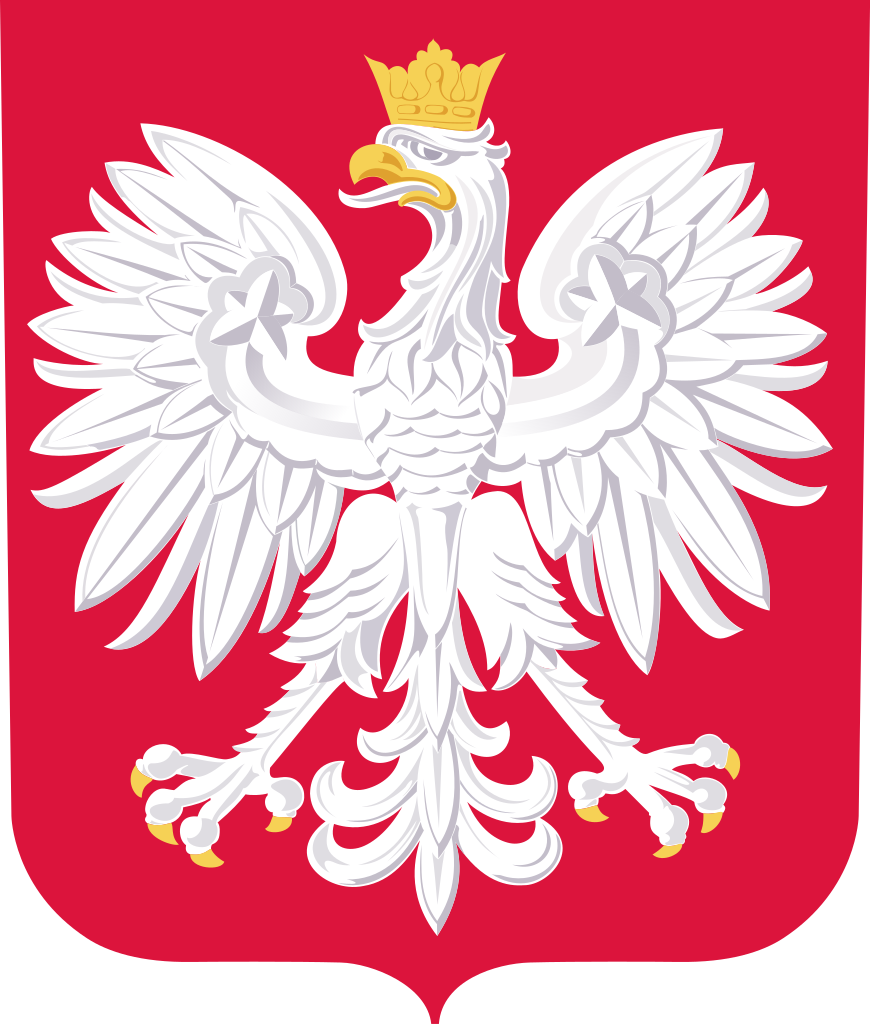Agencje finansujące z Europy i zagranicy z przyjemnością ogłaszają konkurs na międzynarodowe projekty badawcze i innowacyjne o tematyce ,,Water for Circular Economy”.
Międzynarodowy konkurs jest ogłaszany w ramach europejskiego współfinansowanego partnerstwa Water4All i będzie wspierać projekty badawcze i innowacyjne mające na celu poprawę bezpieczeństwa wodnego w perspektywie długoterminowej.
Wnioskodawca po stronie polskiej:
- organizacja prowadząca badania i upowszechniająca wiedzę,
- przedsiębiorca – MŚP i duży przedsiębiorca,
- grupa przedsiębiorców – złożona z co najmniej dwóch przedsiębiorców,
- grupa podmiotów – złożona z co najmniej dwóch organizacji prowadzących badania i upowszechniająca wiedzę lub z co najmniej jednej organizacji prowadzącej badania i upowszechniającej wiedzę i co najmniej jednego przedsiębiorcy.
Zakres tematyczny:
1. Enhancement of water circularity in industries
- Introducing innovative paradigms and methodologies for transitioning sectors towards circular economy models and decoupling production and water demand. This may include strategies to achieve zero liquid discharge and resource recovery.
- 1.2. Development of innovative processes and approaches to address minimization of water consumption, wastewater treatment for reuse, sustainable use of water sources, integration of stakeholder engagement for reuse for and among industrial actors and linkage to urban schemes.
- 1.3. Development of innovative monitoring procedures for process control and development of operating concepts and metrics for efficient water cycle management, compliance with regulation and standards, economic valuation, and risk assessment.
2. Urban water circularity
- 2.1. Enhancement of water cycle management within urban environments to increase efficiency and circularity and reduce reliance on conventional and less sustainable water supplies.
- 2.2. Integration of decentralized and centralized treatment systems, nature-based solutions enhancing existing systems, integration with industrial sector, harvesting and reuse of rainwater and runoff.
- 2.3. Novel monitoring and control methodologies. Comprehensive risk assessment strategies to mitigate potential environmental and operational risks associated with water reuse practices, ensuring compliance with applicable standards and regulations. Develop a comprehensive framework for dynamic risk monitoring and assessment to evaluate the safety and efficiency of water reuse systems under varying operational conditions and environmental impacts.
3. Resource recovery and valorization
- 3.1. Developing integrated approaches for recovering valuable resources from wastewater, sludges, brines, and reservoir sediments. Among others, strategies may target nutrients, metals, critical raw materials, high value products and energy.
- 3.2. Exploring synergies between resource recovery and water reuse in both industrial and urban contexts to maximize efficiency and sustainability.
- 3.3. Assessing the applicability of recovered materials for various uses, considering emerging standards and regulations for resource recovery, business models and the Life Cycle Analysis of the recovered materials across the value chain.
4. Economic, environmental and social implications of water reuse and recovered products
- 4.1. Conducting comprehensive assessments on the implications of circularity schemes on water environments to ensure long-term sustainability and mitigate negative impacts. This includes assessing how components coupled in a functionally and meaningful way in systems will impact the water-food-energy-ecosystems nexus. Incorporate circularity measurement and assessment with emerging standardized indicators for circularity and sustainability, to foster inclusive and equitable water resource management across all sectors. Compliance with the emerging regulations and standards, monitoring and modelling approaches and potential interventions to minimize the environmental impact may be addressed.
- 4.2. Identifying and assessing economic and social aspects collectively influencing stakeholders’ awareness, market confidence and acceptance, social acceptance, opportunities, drivers and barriers to the creation and adoption of solutions for water reuse and resource recovery and reuse.
- 4.3. Developing management strategies, policy options, steering mechanisms and governance systems that facilitate the integration of circularity methodologies into existing water management frameworks while addressing economic and social concerns. Approaches may consider innovative regulatory frameworks to promote circularity.
Maksymalne wnioskowane dofinansowanie dla polskiego wnioskodawcy:
- 300 000 EUR na projekt w przypadku, gdy o dofinansowanie ubiega się wnioskodawca jednopodmiotowy (organizacja prowadząca badania i upowszechniająca wiedzę lub przedsiębiorca)
lub
- 350 000 EUR na projekt w przypadku, gdy o dofinansowanie ubiega się grupa przedsiębiorców lub grupa podmiotów.
Poziom dofinansowania uzależniony jest od rodzajów prac przewidzianych w projekcie.
Szczegółowe informacje dostępne są na stronie: https://www.gov.pl/web/ncbr/iii-konkurs-w-ramach-partnerstwa-water4all—jtc-call-2024

